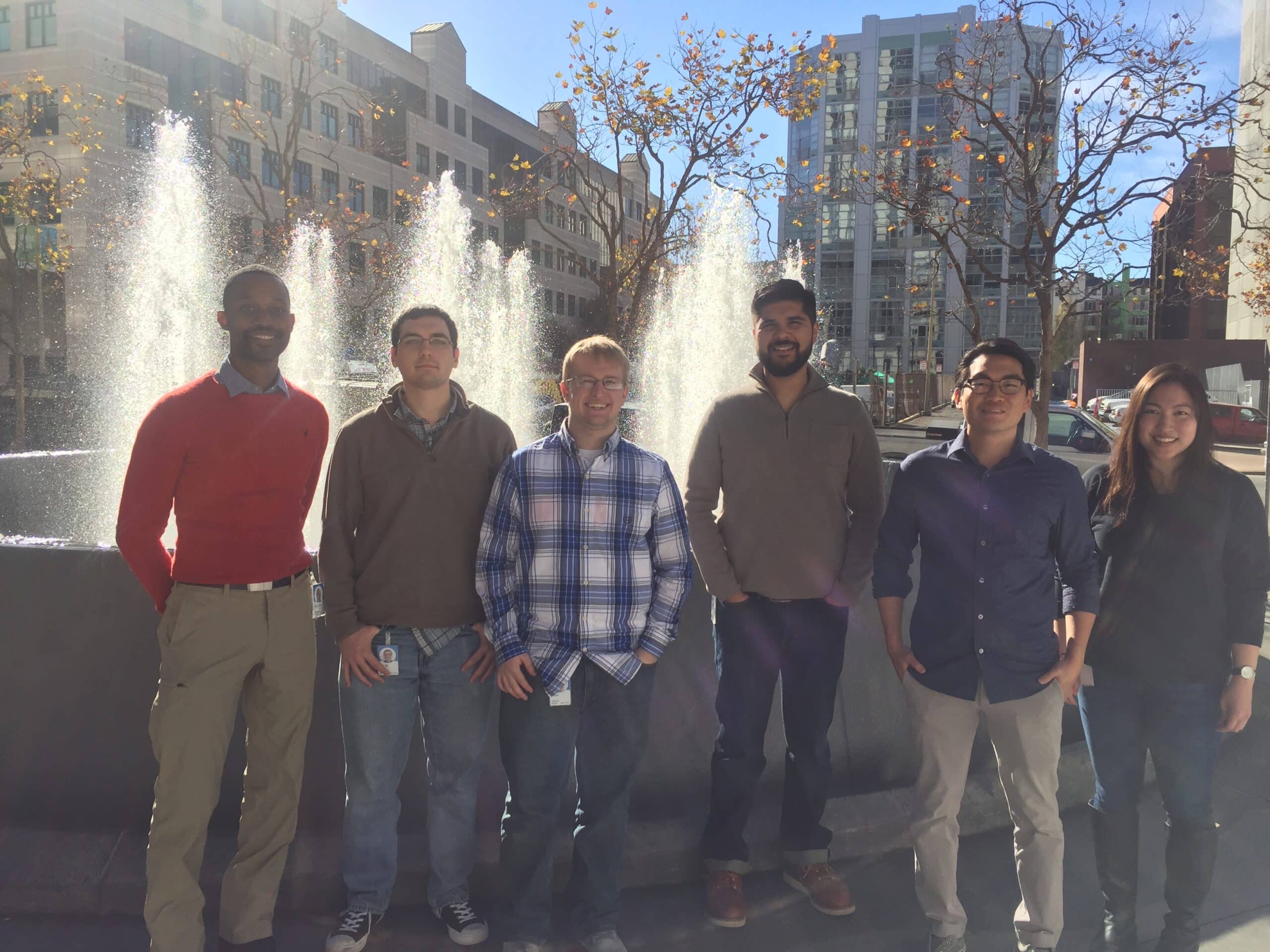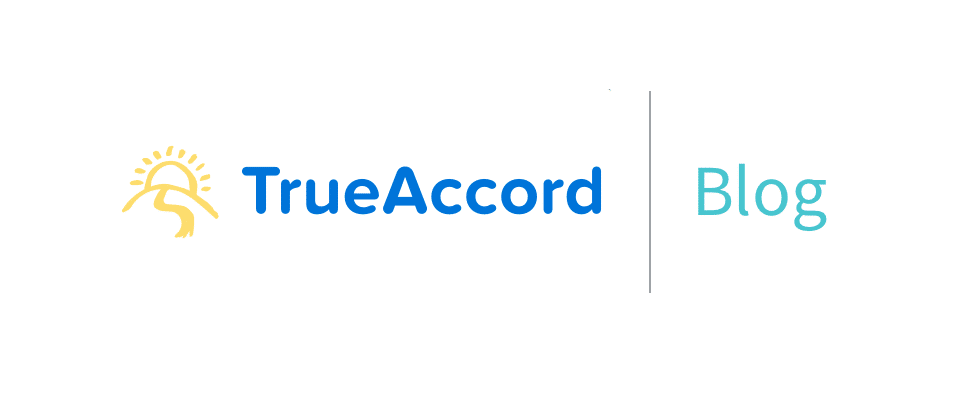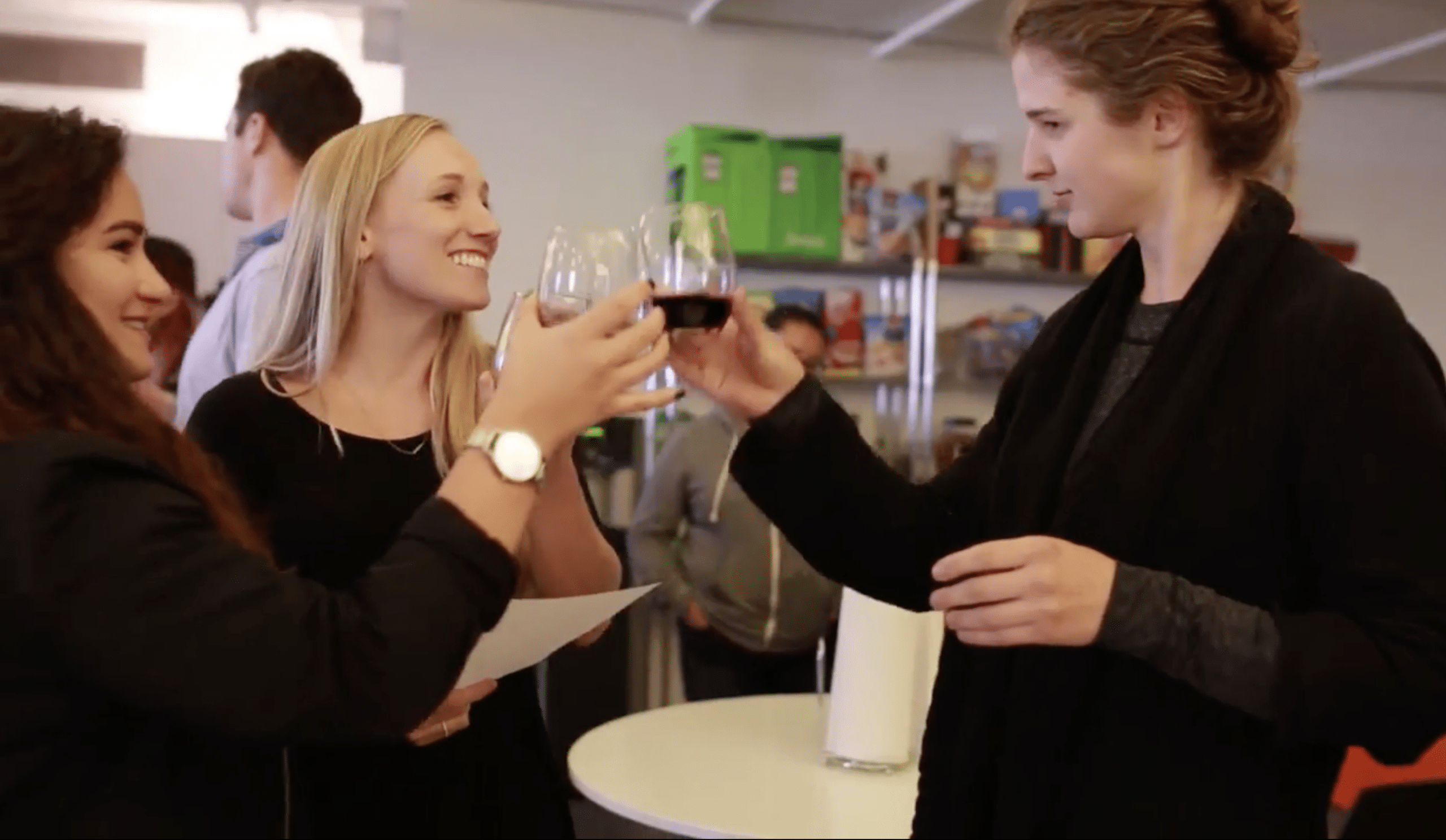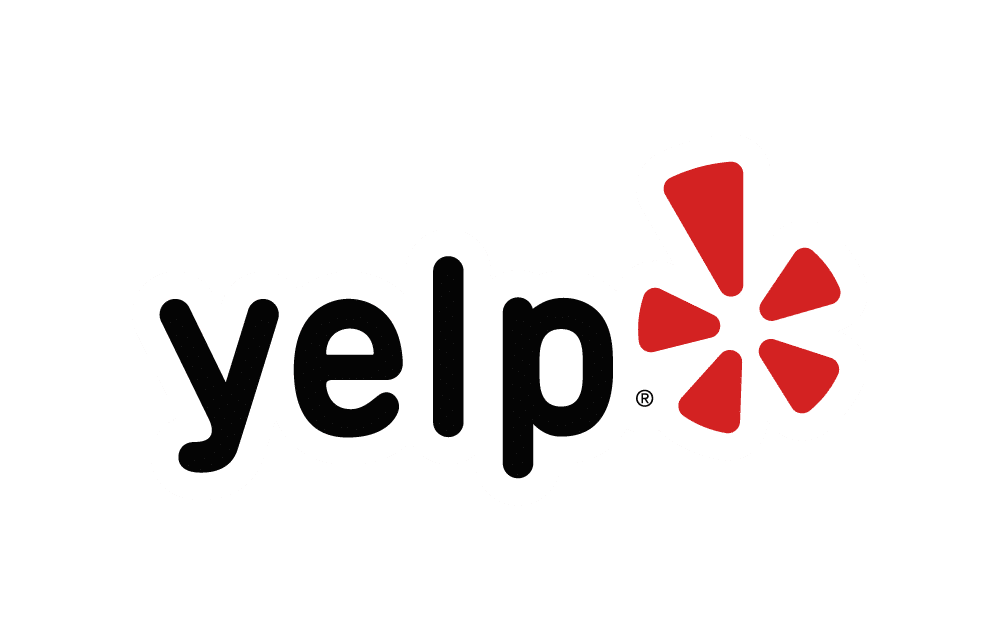Welcome 2018!
Happy New Year! As we look back at 2017, we are thankful for a year full of growth for the company and for our team. We hit some amazing milestones that could not have been possible without a smart, strong, passionate and dedicated team. December is a month of celebrations, and we had an amazing holiday party to end the year. We shed our casual work attire and had fun dressing to the nines and dancing the night away. Of course, December is also a great time to give back and help those less fortunate. We partnered with the San Francisco Fire Department for their Annual SFFD Holiday Toy Drive and were able to provide gifts to a number of program recipients. There are a few of us here at TrueAccord who benefitted from this program as kids, so it was awesome to see things come full circle. The SFFD Toy Program has been in operation since 1949 and strives to ensure all kids have a great holiday season full of toys. The team loved the idea of giving back and we hope to do more events like this in the future. Our team continues to grow, we welcomed the final hires for 2017: Aviv Peretz, Senior Data Scientist / Cherlynne Serafino-King, Talen Acquisition Partner /Rocky Chau, Customer Engagement Specialist Looking forward to what 2018 has in store.
Obtaining Consent In Digital Debt Collection
There are few industries left that are as ripe for disruption as the collections industry is right now. In the case of collections, the old adage of “if ain’t broke don’t fix it” has guided the process for collection agencies for the better part of 40 years. Collectors knew that they could reliably collect on past due accounts by simply sending a letter or two and calling debtors repeatedly until they made contact and then convincing the debtor to pay off the account. Creditors built their customer contracts knowing that the collections model of phone and letter outreach was well established. Today, things are changing and they’re changing fast. Nearly 77% of American consumers own a smartphone. Naturally, consumer preferences on how they want to be communicated with have evolved, and at TrueAccord we’re working hard to stay on top of this trend, while maintaining the highest standard of compliance, and pushing the industry to catch up to the times. The collections practices set out by the Fair Debt Collection Practices Act (FDCPA) were designed primarily to protect consumers from abusive contact by collectors in person, by phone, and by letter, but gave little thought to new technologies or how they would be used by consumers. It was only last year that the new proposed rules on debt collection were announced by the CFPB referencing new digital communications methods. This announcement has been creating waves for both creditors and debt collectors and now is the time to start thinking about consumer communications preferences and how to leverage new communications tools to contact your customers, even in collections. The legal standards for how to obtain consent to contact a debtor is outlined in regulations and in basic agency law. In almost all cases consent to contact a consumer transfers to an agency. Most creditors have added to their contracts provisions allowing for consumer contact by mail and phone with some forward thinking creditors including consent language for the creditor to service the account using email or even better, digital communication channels. However, not many contracts underlying a debt that gets placed in collections anticipated a collector wanting to contact a debtor by email or text message. With new rules coming, now is the time to anticipate this change and create broad consents that incorporate digital channels that currently exist, and that may be created. An example of a broad consent in a contract might look like: “If we need to contact you to service your account or to collect amounts you owe, you authorize us (and our affiliates, agents, contractors and third party servicers) to contact you at any number you provide, from which you call us, or at which we believe we can reach you, at any email address you provide to us or at which we believe we can reach you, or through any social media or other digital communications platform you may use. We may contact by calling or texting. We may contact you using an automated dialer or prerecorded messages. We may contact you on a mobile, wireless or similar device, even if you are charged for it.” This clause incorporates phone, email, text, social media, and leaves the door open for new technology like push notices. Even though there is some uncertainty around the ability to contact consumers using all of these new channels it’s important to think ahead for when the laws catch up to consumer preferences. It’s not uncommon for a consumer to reach out to TrueAccord and ask for us to text them account details and we wouldn’t be surprised if a consumer asked us to contact them using other messaging apps like Whatsapp or Facebook Messenger. With the consent language above a collector could respond to consumer demand and use these channels to contact a consumer in the way they want to be reached. Respecting consumer preferences will open the door to more successful collections opportunities benefiting consumers, collectors, and creditors.
Life at TrueAccord: November Edition
It's been a really busy month for us at TrueAccord, and we're a little late in posting, we almost can't believe it's December. We've had some incredible highlights from November, the biggest was closing our Series B, which is going to help us grow our team and continue with our mission to change the debt collection space for good. We have tons of open positions, and lots more coming next year. Our team continues to grow, with a bunch of new team members coming on board: Marques Moore (Front Office Assistant), Jacob Hunt (Integration Engineer), Juan Gonzalez (Integration Engineer), Robert Rodriguez (Customer Success Manager), Jas Kao (Client Success Specialist), and Young Xu (Product Manager). Of course, we always take the time for our happy hours and celebrating! Nothing says November more than pumpkins and turkey. As the weather cools down and the holiday season is just around the corner, we took some time to warm up with some jazz, sweets and hot chocolate.
I’m Excited to Join the CFPB’s Consumer Advisory Board
I’m very honored to have been appointed to the CFPB’s Consumer Advisory Board. With this appointment, the CFPB is sending a strong message about how it views technology's role in shaping the future of consumer finance in general, and debt collection in particular. I'm proud to be able to represent the industry's point of view while making sure we usher in a new era of great user experience and technology innovation. Even with Director Cordray’s planned departure, the CFPB remains a strong and active regulator. While some of the weight is likely to move to State level examinations, keeping in touch with Federal regulators remains a top priority as a way to contribute to consumer protection broadly, and to support TrueAccord’s long-term mission. Anyone can apply to be a CAB member through the CFPB’s site. I applied and was appointed earlier this year. I did so because at TrueAccord we believe in the Bureau’s mission - protecting consumers - and also that engaging with your regulator is the smart thing to do. I was humbled and excited to be sworn in, because there is still so much in financial services in the US that can be improved, and innovation to be encouraged. I truly believe in the role of the CAB in informing the CFPB on important trends and how to support consumer protection and choice. I am lucky to be serving alongside academics such as Prof. Lisa Servon, consumer advocates such as Chi Chi Wu from the NCLC, and industry leaders such as Max Levchin. It’s a broad set of experiences and opinions that foster great discussions and set us up for the challenges in front of us. The CAB looks at financial services in general, but my I cannot disregard my own backyard. In tricky, regulated markets like debt collection, with its active rulemaking process, it is even more important to take part in crafting fair and forward-looking rules that protect consumers. Any work I can do to ensure innovation can finally reach the debt collection market is a net positive for consumers and the industry. The meeting span three full days in Tampa, Florida, and culminated in a public session with comments about the new PayDay rule. Bureau staff kept a tight schedule presenting latest developments in regulation, consumer education initiatives, and for first time members - an intro to the Bureau and its divisions. During the third day, I was also asked to give a 45-minute presentation on trends in the debt collection market. I used it to discuss the transformative role technology has in making the debt collection process customer-centric and digital first, creating better experiences with less friction and stress for consumers. https://youtu.be/gg7dMParOik?t=41m35s All in all, my first meeting was an incredibly positive experience. Staff turned out to be a diverse group of intelligent and thoughtful people, and the (now ex-)director a highly engaged and knowledgeable person. CAB members bring impressive backgrounds and facilitate an effective discussion, especially when they disagree. I am already looking forward to our next meeting, and reviewing developments we’ll see until then. I personally expect the debt collection rule to be one of them, though Bureau staff gave no formal guidance on this matter.
TrueAccord Closes $22M Series B
Debt Collections Technology Company Builds on Early Success for Sustained Growth and Innovation November 14, San Francisco, CA – TrueAccord, the company driving transformation in the debt collection market, announced today that is has closed $22M in additional funding. Arbor Ventures led the round, with participation from existing and new investors, Nyca Investment Partnership, Assurant Growth Investing, Caffeinated Capital Fund, Felicis Venture, TenOneTen and Crystal Towers. The Series B funding follows a period of sustained and rapid growth for TrueAccord which is providing exceptional customer experience for consumers in debt for nationally recognized financial institutions, debt buyers, lenders, and technology companies increase their recovery rates. This additional investment will fund TrueAccord’s strategic growth initiatives, including ongoing product development and innovation of its customer-focused platform, providing world-class audit and compliance functionality, continued expansion into vertical markets, client acquisition and retention, and hiring. “TrueAccord is redefining the debt collections industry through a digital approach for debt recovery. It is achieving higher customer engagement, satisfaction, and recovery rates through its data-driven platform, which tailors the collection process to individual consumer preferences,” said Melissa Guzy, Co-founder and Managing Partner of Arbor Ventures. “This unique approach is making a positive impact on an overlooked industry, ripe for innovation, impacting a major societal issue by empowering many of the estimated 77 million people in debt, to get on a path to better financial health.” Since closing its Series A round in 2015, TrueAccord has reached a number of significant milestones, including: Customer Expansion: Between 2016 and 2017, TrueAccord grew the accounts it collects by 2.5x with more than 2.0 million customers on its platform since inception. Strong ROI: TrueAccord has demonstrated exceptional recovery results beating traditional agencies’ debt collection rates by a minimum of 50% to upwards of 500%. Client Acquisition: TrueAccord’s clients include top 10 issuers, leading creditors, and technology companies such as Yelp! and LendUp with more than $1.5 billion of debt flowing through the platform since 2014. “It was the personal experience of dealing with a debt collector that made me realize the traditional collections industry was ripe for disruption with technology innovation and a more human approach,” said Ohad Samet, Chief Executive Officer of TrueAccord. “With changing consumer preferences, strong regulatory support for innovation, and clients who understand a customer-focus collection process is good for their business, we're experiencing tremendous demand from the market. We are seizing this opportunity to use machine learning to humanize debt collection for good.” About Arbor Ventures Arbor Ventures is a global early-stage venture capital firm focused on shaping the way the world transacts by investing in early-stage companies at the intersection of financial services, big data, and digital commerce, through partnering with extraordinary founders, and accelerating the growth of next gen FinTech, facilitated by unparalleled strategic networks. About TrueAccord Founded in 2013, TrueAccord’s data-driven debt collection platform is disrupting the collections industry by helping businesses collect more debt online than traditional methods. True Accord’s platform is powered by machine learning with a decision engine that analyzes consumer behavior and delivers personalized experiences by communicating with consumers at the right time in the right channel with payment options that meet their needs. TrueAccord is providing exceptional recovery rates for top 10 financial institutions, debt buyers, lenders, and technology companies, and is empowering many of the estimated 77 million consumers who are in debt every year to get on a path to better financial health. To learn more, visit TrueAccord. Press Inquiries: Sandy Pfaff, Pfaff PR sandy@pfaffpr.com 415-819-7447
Life at TrueAccord: October Edition
October has been chalk full of fun, continued growth, and a few firsts here at TrueAccord. Our weekly themed happy hours continue, and this month we had a wine and cheese tasting, introducing our pallets to some French wines to swirl and sniff for a much-needed break in the middle of the week. With our rapid growth, we are looking to grow our team and attended a few career fairs, including the SF LGTB fair at LinkedIn. Another first, we hosted an SF Bay Area Machine Learning meetup at our office and had a packed house of 110 attendees, lots of networking, tech talks, and of course great food and beer. Meetups are a huge part of the SF tech culture and a great way to talk about what we do by bringing in a crowd into our office to help our hiring and brand awareness efforts. Check out Chief Innovation Officer/co-founder, Nadav Samet talk about how we use machine learning to humanize debt collection. https://vimeo.com/239881725 We added quite a few new members, soon will be entering the triple digits! Lauren Sawicki, Director of collections, Parris Preston, Customer Support Specialist, Veronica Tong, Data Entry Specialist, Marc Jackson, Technical Recruiter, Patsy Cunningham, Compliance Auditor, Yelizaveta Geurkova, Customer Support Specialist, Trisha Cole, Customer Support Specialist, Karina Munoz, Customer Support Specialist, and James Reynolds, Customer Support Specialist.
Consumer in Crisis: What To Do When Disaster Strikes
Hurricanes, wildfires, floods. We’ve certainly seen our fair share of natural disasters in the past few months. Sometimes, disasters are more personal such as losing a job, losing a loved one or facing an unexpected medical condition. When these crises happen, financial institutions and debt collectors want to do whatever they can to ease the burden, if only for a short time. The key? Communicating early, communicating often, and asking for relief whenever it is available. It may be hard to imagine that our bank or lender cares about our circumstances. That is often not true. Financial institutions work within communities and understand the need to support them. That’s true for debt collection as well. The premise we work with is that people want to pay their debt, they just need the right tools. They also need to be treated like people which is why we offer personalized approaches to each customers’ unique situation. When paying debt is not possible, it’s in everyone’s interest to find other solutions. At TrueAccord, many clients proactively ask us to stop collecting in crisis-struck areas, and we often do so ourselves. Hardship programs allow us to provide longer and even more flexible payment plans, delay collection attempts and sometimes pause collection efforts for a long period of time. Many consumers don’t hear about these options – or even consider that there may be another solution available to them - because they choose to disengage with financial institutions and debt collectors. This can make a bad situation worse. We, and your bank, may not be aware of your situation. We understand that calling us may be the last thing on your mind. That’s why you can email us, and in some cases text or write to us on social media. Reaching out will allow you to get in front of the situation early. For your financial institution, it will help them support you sooner and more effectively. If you are in a crisis, talk to your bank, talk to TrueAccord, and explore your options. While we may not be able to solve every problem, we’re here to help as much as we can.
Life at TrueAccord: September Edition
September has been a busy month at TrueAccord. We wanted to share some of the highlights as we take a break from it all and enjoy some themed food and drinks at our weekly happy hour. Since September in SF is one of the nicest months, we took our happy hour to a rooftop BBQ in SOMA, we just couldn't pass up the opportunity to hold on to summer for a bit longer and enjoy a great evening with our coworkers. We are also growing quickly, all our teams are expanding, and we added some key hires in September to help us delight our customers and build a platform for financial health. We added David Han (Implementation Manager), Tim Collins (Chief Compliance Officer), Gopi Karunamoorthy (Accounting Assistant), Adam Gomez (Senior People Operations Associate), Matt Botts (Customer Success Manager), Lilia Paz (Customer Engagement Specialist) Nick Bright (Customer Engagement Specialist), Tyler Watt (Customer Engagement Specialist). Come work with us!
Yelp Partners with TrueAccord to Deliver Digital Collections and Streamline Data Loop for Customer Engagement
Highlights: “TrueAccord saved our collections team tons of time, the integration with their system was fast and easy, without needing to do tedious, manual tasks.” “Our company goal is to grow a large, loyal and happy customer base. TrueAccord’s digital collections process supports our goals by extending a great user experience to the collections process.” “Digital, personalized collections are driving high engagement rate.” “With TrueAccord we have timely data into customer standing.” Challenge: Yelp was founded in 2004 and is now one of the largest platforms to connect people with great local businesses. Traditional agencies required a lot of man-hours and manual processes. Yelp faced several challenges with the traditional agencies; first, they required a manual process to transfer debt accounts, which was both time-consuming and tedious, requiring lots of forms and faxes being sent, lacking automation and data tracking functionality that Yelp required for business success. Second, the agencies were employing traditional collections tactics that did not adhere to Yelp’s values. Why TrueAccord: Yelp was looking for a collections agency that would increase recovery rates and help the collections team save time by automating the account transfer process as well as deliver great consumer experiences to support their brand and customer satisfaction. They needed a data-driven collections process that would streamline the visibility into consumer account status, so they could better serve their customers and run their business. “TrueAccord’s digital collections process was a natural fit for Yelp,” says Parker Asche, Senior Collections Analyst. Yelp’s customers are used to digital interaction, and TrueAccord’s consumer-centric, digital collections process was an extension of our business practices. Benefits: “TrueAccord saved our collections team tons of time, the integration with their system is fast and easy, without needing to do tedious, manual tasks.” TrueAccord makes it easy for Yelp to continuously feed new account data into the system, without burdening their collections team with paperwork, saving the team time to focus on business objectives. The quick transfer and collections process helps their business to continuously keep their customers engaged. Consumer preferences are changing, and they demand a modern approach to communications. TrueAccord enabled Yelp to reach their customers via a communication method they prefer and engage with, and empower them with the ability to self-service themselves. Yelp is using TrueAccord to deliver engaging digital user experiences for their customers. About Yelp: Yelp Inc. (NYSE: YELP) connects people with great local businesses. Yelp was founded in San Francisco in July 2004. Since then, Yelp communities have taken root in major metros across 32 countries. By the end of Q2 2017, Yelpers had written approximately 135 million rich, local reviews, making Yelp the leading local guide for real word-of-mouth on everything from boutiques and mechanics to restaurants and dentists. Approximately 28 million unique devices* accessed Yelp via the Yelp app, approximately 74 million unique visitors visited Yelp via mobile web** and approximately 83 million unique visitors visited Yelp via desktop*** on a monthly average basis during the Q2 2017. For more information, please visit http://www.yelp.com or send an email to press@yelp.com. * Calculated as the number of unique devices accessing the app on a monthly average basis over a given three-month period, according to internal Yelp logs. ** Calculated as the number of "users," as measured by Google Analytics, accessing Yelp via mobile website on a monthly average basis over a given three-month period. *** Calculated as the number of "users," as measured by Google Analytics, accessing Yelp via desktop computer on an average monthly basis over a given three-month period.
Press Release: Tim Collins Joins TrueAccord as Chief Compliance Officer
TrueAccord, the debt collections technology company, has hired Tim Collins as Chief Compliance Officer. TrueAccord’s platform is powered by machine learning that uses a consumer centric, data-driven approach to help businesses recover more debt online than traditional methods. Collins joins TrueAccord from Convergent Outsourcing, where he was General Counsel and Chief Ethics & Compliance Officer since 2013. Collins has more than 25 years of experience in collections, having held leadership roles in legal and compliance at various financial organizations, including Hyundai Capital America where he established a comprehensive compliance system across all areas of the business. In his new role at TrueAccord, Collins will oversee the company’s legal and compliance practices to meet the requirements of the highly regulated debt collections industry. “Having an industry veteran such as Tim join our team is a testament to the strength of our business and the major clients we represent, as well as our vision for how to transform collections for good,” said Ohad Samet, Chief Executive Officer. “The top 10 banks and lenders who use TrueAccord demand the highest level of compliance. Tim’s deep and relevant expertise will ensure we consistently meet and exceed their expectations.” “After following TrueAccord for the past few years, I have been intrigued by their unique approach to debt collection, an industry that in my experience is ripe for disruption,” said Tim Collins, Chief Compliance Officer. “With an inspiring vision, a strong product, and an exceptional management team, TrueAccord is well-positioned for accelerated growth and investment. I look forward to contributing to the company’s continued success and to helping shape the future of the collections industry.” Collins received his JD from the University of Detroit Mercy School of Law, and completed his Bachelor’s Degree in Business Administration at the University of Iowa’s Tippee College of Business. Collins is an adjunct professor at the University of San Diego Law School where he teaches seminars on in-house corporate practice; and he also serves on the Federal Affairs Committee for ACA International, the Association of Credit and Collections Professionals. About True Accord Founded in 2013, TrueAccord’s data-driven debt collection platform is disrupting the collections industry by helping businesses collect more debt online than traditional methods. The platform is powered by machine learning, with a decision engine that analyzes consumer behavior and delivers personalized consumer experiences by communicating at the right time in the right channel with payment options that meet their needs. TrueAccord is providing exceptional recovery rates for top 10 financial institutions, debt buyers, lenders and technology companies, and is empowering many of the estimated 77 million consumers who are in debt every year to get on a path to better financial health. To learn more, go to: www.trueaccord.com.
Get started right now.
Whatever your organization’s technical needs, we have the tools and experts to onboard you today.
Get Started







